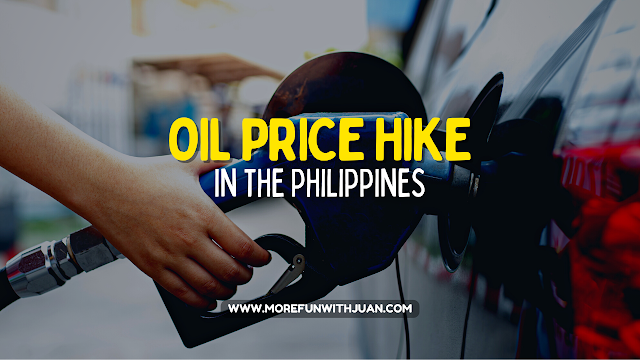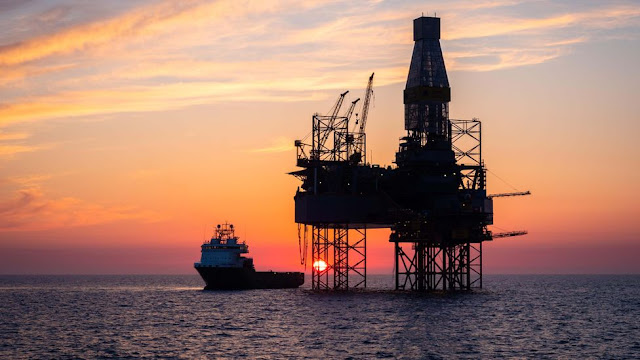Learn about oil price hike in the Philippines and how it affects the economy of the country.
What is Oil Price Hike
Oil price hikes in the Philippines refer to increases in the cost of petroleum products, including gasoline, diesel, and other fuels. These increases are typically driven by factors such as changes in global oil prices, supply and demand dynamics, geopolitical tensions, and currency exchange rates.
Loading...
HELPFUL ITEMS YOU CAN USE FOR DRIVING!
Here's my list of useful items for you and your vehicle:
Shopee is my go-to app for things I needed like the ones above. If you'd like discounts and vouchers, you may get the best offers here:
Inflation
Oil is a crucial input in various industries, impacting transportation, manufacturing, and agriculture. As fuel costs rise, production and distribution expenses increase, which can lead to higher prices for goods and services. This phenomenon contributes to inflation, affecting the purchasing power of consumers and potentially leading to reduced consumption and economic growth.
 |
| Jeepneys in the Philippines |
Transportation Costs
Oil is a fundamental component of transportation, and higher fuel prices can result in increased operating costs for businesses and individuals. Public transportation fares might rise, affecting commuting expenses for the population. Higher transportation costs can ripple through supply chains, leading to overall higher costs for goods and services.
Balance of Payments
The Philippines is a net oil importer, meaning it imports more oil than it exports. When oil prices rise, the country's import bill increases, potentially worsening the trade balance and putting pressure on the balance of payments. This can lead to a weakened currency and potential macroeconomic challenges.
 |
| Philippine money |
Government Finances
The government often intervenes by imposing taxes or subsidies on petroleum products to manage the impact of oil price fluctuations.
If oil prices rise, the government might need to allocate more funds for fuel subsidies or might see decreased tax revenues from the sector, affecting its fiscal position.
Consumer Spending
Higher fuel prices can lead to reduced disposable income for households as a significant portion of their budgets is allocated to transportation expenses. This reduction in spending power might result in decreased consumer spending on non-essential goods and services, affecting various sectors of the economy.
Investor Sentiment
Rising oil prices can impact investor sentiment, especially if the price hikes are driven by geopolitical tensions or supply disruptions. Uncertainty in energy markets can lead to increased volatility in financial markets, affecting investment decisions and capital flows.
ATTRACTIONS TO SEE IN MANILA
Klook.comPolicy Responses
In response to oil price hikes, governments might adjust policies related to fuel taxes, subsidies, or energy conservation measures. These policy changes can have both short-term and long-term implications for the economy.
Conclusion
It's important to note that the impact of oil price hikes on the Philippine economy can vary depending on the extent of the price increase, the country's energy policies, and its overall economic resilience. The government's response, consumer behavior, and global economic conditions also play critical roles in determining the magnitude of the effects.
To know the recent changes in rates, visit oil price hike updates in the Philippines.















No comments
Let us know your thoughts!